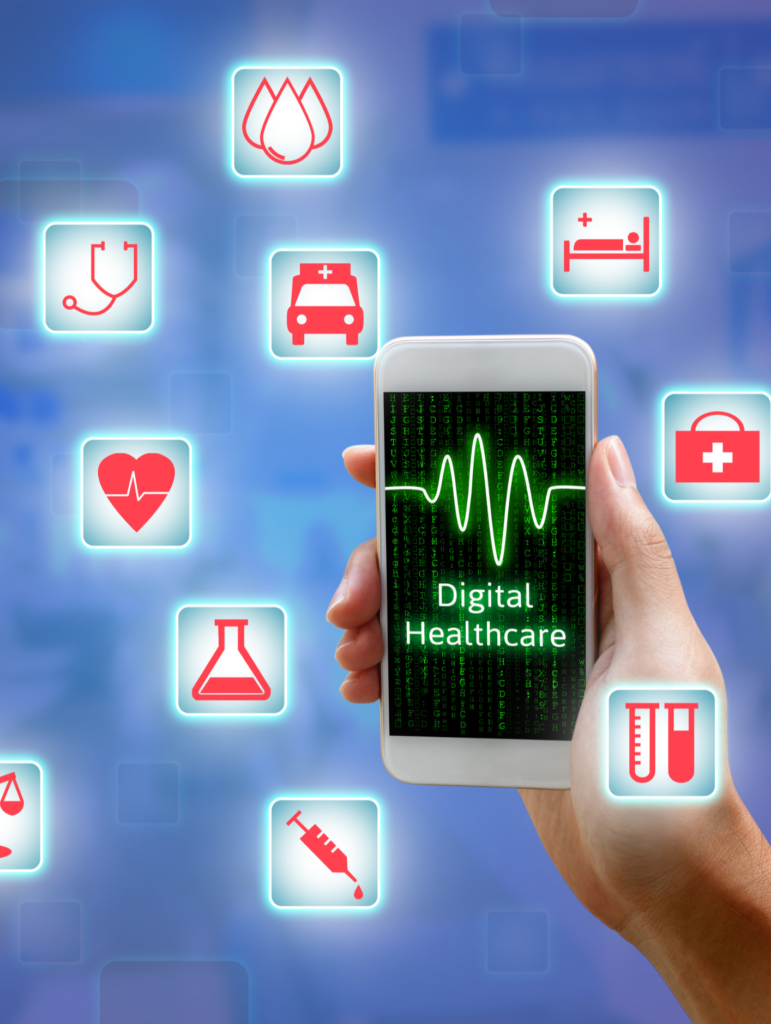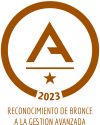BIOLAN participates in the OSASUNDATA project, together with the companies Adimen, Beaskoa Elorriaga eta Iribar, InnovatekBI, Accexible and Eskilara, as well as the UPV/EHU as an agent of the Basque Science and Technology Network. The aim of the project is to contribute to the digital transformation of healthcare services by improving people’s well-being and quality of life, while increasing the competitiveness of products and services in the healthcare technology sector.
OSASUNDATA is a R&D project subsidised by the Basque Government’s Hazitek programme, which evaluates the possibilities of integrating different devices and big data technology in the care and monitoring of dependent people. It has tested different technologies that collect information from users, generating different types of alerts if necessary, and allowing analysis using big data techniques with the aim of preventing early deterioration of people. BIOLAN’s contribution to this project is the development of advanced diagnostic solutions to monitor physical activity during the ageing process in elderly people.
According to recent studies, the vast majority of citizens rely on innovative technologies and gadgets with the aim of improving the care of dependent people, such as geolocation sensors, gadgets that take vital signs in a non-invasive way or tools that remind them of their medication regimens through alarm systems.
To reinforce this premise, a survey has been carried out as part of the project, with the aim of finding out their position regarding the use of different technologies that can help to monitor dependent people or even diagnose situations of cognitive deterioration in primary stages, and to find out to what extent people are aware of their rights and how they act in this area, making the opportunities offered by new technologies in the field of care and health compatible with the care and promotion of the right to privacy and the protection of personal data.
The result is enlightening as it shows that people have a high level of trust in the use of these technologies, with between 75% and 88% of those surveyed considering these technologies to be extremely useful, with the perceived usefulness varying slightly according to the type of device. And as regards data protection, one in four people surveyed openly acknowledges that they are not concerned about the information that may be collected by applications and devices, but the study also revealed that there is a high degree of ignorance regarding different related issues.
These data, among others, highlight the need to promote ethical policies and transparency channels that empower people in the use of their own personal information.
The OSASUNDATA project has enabled us to face this challenge by developing protocols and good practices that allow us to take advantage of the enormous benefits that technology brings us in the field of health, without this entailing a reduction in people’s rights.
The results of this market study therefore demonstrate a growing acceptance of technological solutions to address the care and welfare needs of the elderly population, validate the value proposition designed by the OSASUNDATA consortium during three years of research and raise new opportunities both from a research point of view and from the point of view of translating these advances into marketable solutions.












